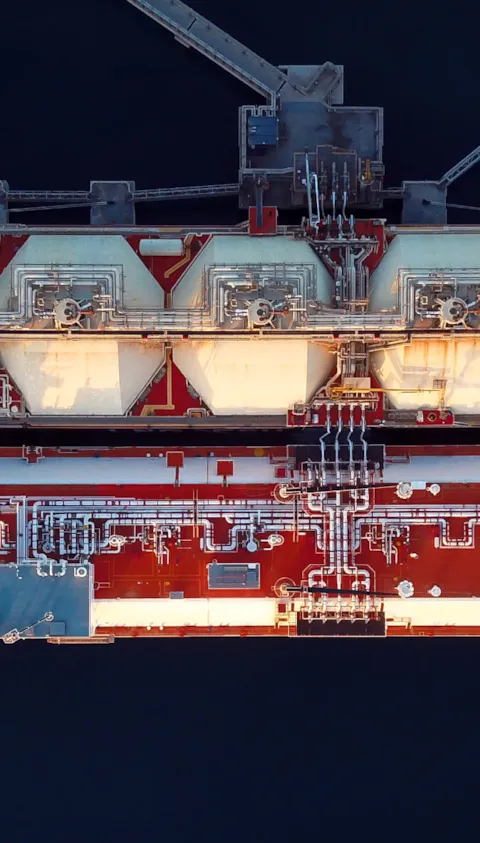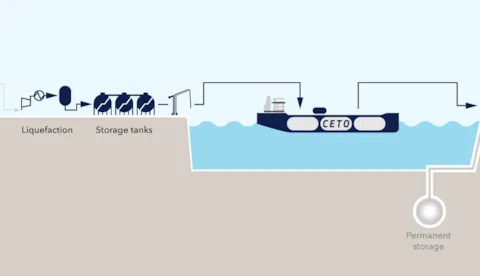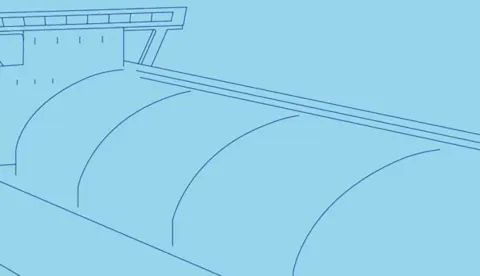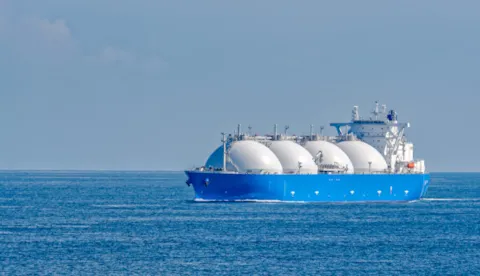

Navigating the challenges: Liquid CO2 carriers a vital link in global CCS expansion
With more industry stakeholders looking at different transportation options between capture sites and storage locations, liquid CO2 carriers will become an important link in the value chain. Shipping offers safe, reliable and flexible CO2 transportation well-suited to longer distances and low to medium volumes.
Scaling up global CCS capacity will require a fleet of specialized tankers with the ability to collect CO2 from capture sites operated by many different industrial segments, but at present there is no fleet of tankers that can efficiently transport high volumes of CO2 over long distances.
Challenges include:
- Unlike natural gas, CO2 must be pressurized to reach a liquid state
- For different CCS shipping applications and levels of scale, CO2 may need to be shipped at different pressure levels, requiring the development of elevated-, medium- and low-pressure solutions
- Determining the most effective CO2 shipping solution for each project depends on several factors, such as the amount of cargo set to be transported (per load and on an annual basis), the distance to the final storage, the concept and arrangement for offloading, and the levels of impurities and condition of the captured CO2.
Not just the shipping of CO2 but equally the onboard carbon capture and storage is gaining more and more interest. Learn more about onboard capture, handling and storing solutions onboard ships to help reduce carbon emissions> |
DNV is reducing the risks and uncertainties of CO2 shipping
DNV continues to work with industry to explore alternatives for transporting CO2 at both high and low pressures. Factors being considered include choice of material for the containment system, effect of impurities in the cargo, transport volumes, safety considerations, and achieving the optimal balance between cost and operational complexity.
Key services include:
- Technology qualification of new cargo containment systems
- Logistics and cost studies for CO2 shipping
- Guidance and support tender process CO2 carriers
- Classification of CO2 carriers
- Design support of specialized tanks, piping and refrigeration systems for the transportation of liquified CO2
- Consequence analysis of CO2 leaks and dispersion by computational fluid dynamics (CFD) modelling.
PROJECTS AND RESEARCH

CO2 Efficient Transport via Ocean (CETO)
PROJECTS

Northern Lights show the way to seaborne CCS solutions
OUR RESEARCH AND SERVICES

